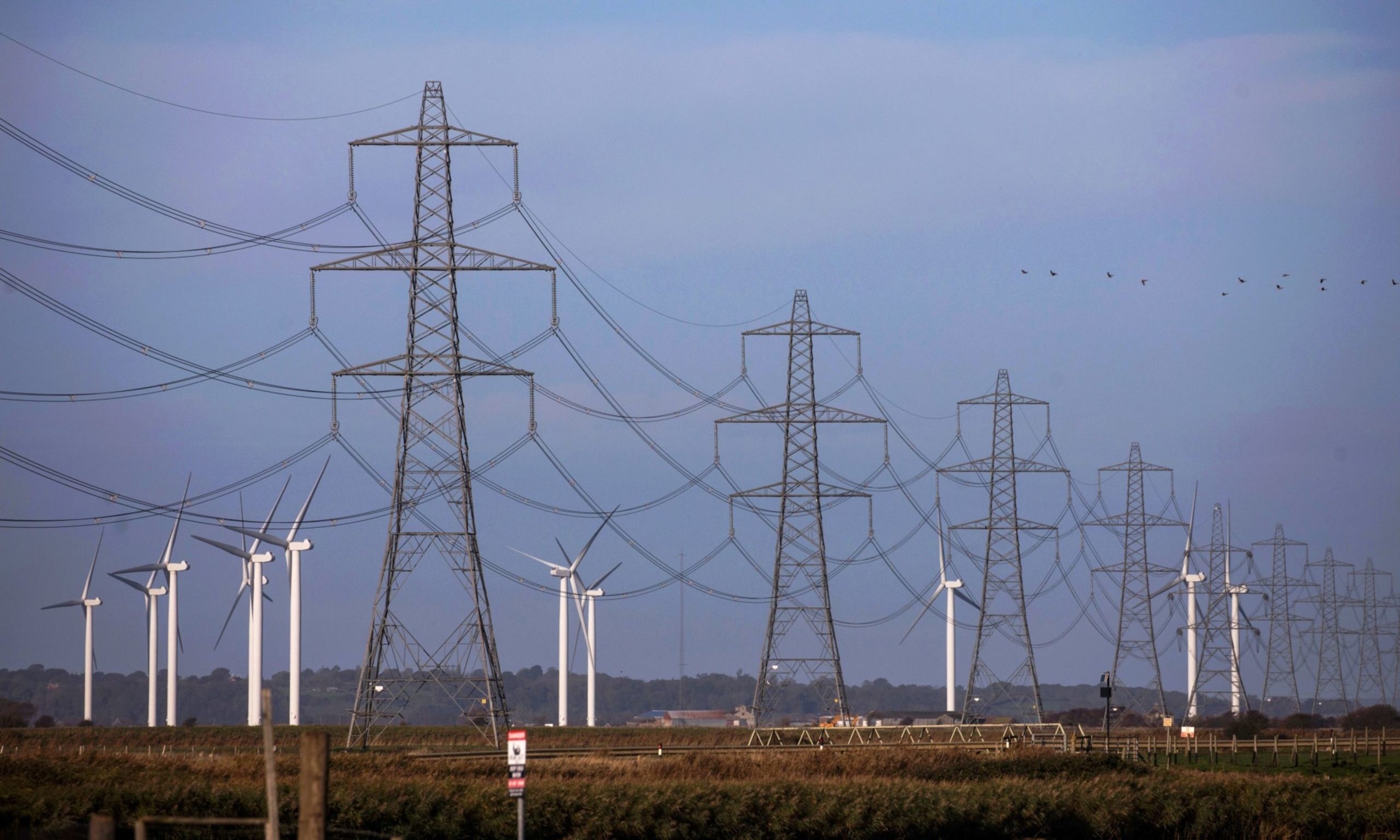Public discontent over soaring energy bills in the UK is growing, particularly regarding the heavy burden placed on low-income households by the costs of upgrading electricity infrastructure. As the government pushes towards its net-zero emissions target, expenses for modernising the grid and rolling out smart meters are being passed on to consumers through energy bills, sparking heated debate over the fairness of cost distribution. A new proposal suggests that wealthier households should shoulder a greater share of these costs to ease the pressure on poorer families, but the idea has stirred significant controversy.
Skyrocketing Bills and the Plight of Low-Income Households
According to recent data, UK household electricity prices are among the highest globally, surpassing the EU average in the second half of 2023. For low-income families, energy costs can consume over 15% of their income, far exceeding the average household’s burden. Approximately 13%-24% of households in England, Scotland, Wales, and Northern Ireland are classified as “fuel poor,” struggling to afford basic heating in winter. Many resort to local government-run “warm spaces” to stay warm.
The “network costs” and “policy costs” embedded in energy bills are at the heart of the controversy. To meet the 2050 net-zero goal, the National Grid requires billions of pounds to upgrade ageing cables, substations, and integrate renewable energy sources. The rollout of smart meters has also driven up standing charges. These costs are borne by all consumers, disproportionately affecting low-income households who use less energy and benefit less from modernised infrastructure.
Wealthier Households to Pay More? Ofgem’s Reform Proposal Gains Attention
To address this inequity, the UK energy regulator Ofgem proposed in early 2025 a reform to restructure cost allocation, suggesting that higher-income or high-energy-use households cover a larger share of grid upgrades and equipment costs. The rationale is that wealthier households, often with larger homes and more appliances (such as electric vehicles or heat pumps), gain greater benefits from a stable grid and green energy infrastructure and should contribute proportionally.
Fuel Poverty Action, a campaign group, has endorsed the proposal, arguing that the current billing structure is unfair to low-income households. “Poorer families living in energy-inefficient rented homes are forced to subsidise smart meters and grid upgrades they barely benefit from,” a spokesperson said. Ofgem’s ongoing consultations indicate that the regulator is exploring ways to implement income- or usage-based tiered charging, with some energy suppliers already trialling differential pricing models.
Opposition and Implementation Challenges
The proposal is not without its critics. Some middle-class households worry they will be unfairly labelled “wealthy” and penalised for living in larger homes or owning more appliances. One user on the X platform remarked, “I’m not rich, I just have a bigger house. Why should I be punished?” Furthermore, income-based charging would require accurate household income data, raising concerns about privacy and administrative costs.
Experts warn that if wealthier households reduce consumption or switch to self-generated power (e.g., solar panels) to avoid higher charges, the costs of maintaining the grid could shift back to low-income households, creating a vicious cycle. The International Monetary Fund (IMF) notes that the UK’s high energy bills stem from reliance on gas and poor home insulation, suggesting that cost reforms alone won’t fully resolve the issue.
Government Response and Public Expectations
The UK government pledged in its 2023 Energy White Paper to explore “fairer cost-sharing methods” and has capped typical household energy bills at £2,500 annually through the Energy Price Guarantee. However, this remains significantly higher than the £1,400 cap in 2021. Low-income households can apply for subsidies like the Warm Home Discount, but limited coverage and complex application processes have frustrated many.
The public is calling for more tangible solutions, such as mandating landlords to improve the energy efficiency of rental properties or expanding financial aid for poorer households. Movements like Don’t Pay UK have even urged consumers to refuse bill payments in protest against energy companies’ “profiteering” and unfair cost structures.
Outlook: Balancing Fairness and Sustainability
Ofgem’s reform proposal offers a glimmer of hope for addressing the energy bill crisis, but significant technical and political hurdles remain. For low-income households, checking bills for errors, applying for available subsidies, and adopting simple energy-saving measures can provide short-term relief. In the long term, the government must ramp up investments in renewables and home retrofitting to ensure the energy transition doesn’t come at the expense of vulnerable groups.
As the energy bill controversy continues to simmer, the UK’s approach to balancing fairness and sustainability in its energy policy will remain under intense scrutiny.




